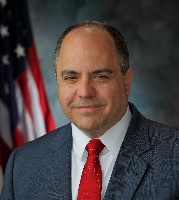Hume Criminal Lawyer, New York
Sponsored Law Firm
-
 x
x

Click For More Info:
-
Cohen & Bernstein, L.L.C.
1360 Clifton Ave #309 Clifton, NJ 07012» view mapCriminal Defense We’re In this Together!
We work hand in hand with our clients to ensure all of your questions are answered and progress through your legal issue is seamless.
800-978-7341
Raymond Paul Sciarrino
✓ VERIFIEDCriminal, Real Estate, Personal Injury, Traffic, Estate
Licensed: 22 Years
Sciarrino & Sciarrino, P.C. is a criminal law firm serving Rochester and the surrounding areas of Livingston County and Wyoming County. For more than ... (more)
Raymond Louis Sciarrino
Accident & Injury, Personal Injury, Criminal, Estate, Real Estate
Status: In Good Standing
John Albert Cappellini
White Collar Crime, Estate Planning, Bankruptcy, Contract, Natural Resources
Status: In Good Standing Licensed: 27 Years
 Lindsay Bernstein Clifton, NJ
Lindsay Bernstein Clifton, NJ Practice AreasExpertise
Practice AreasExpertise

